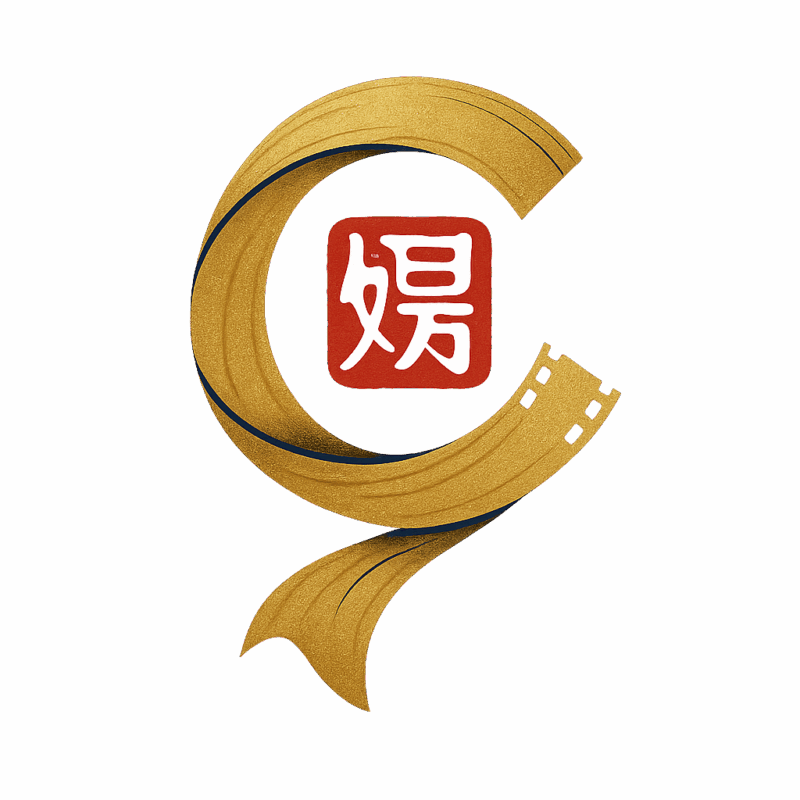In December 2023, Chen Lijun, a celebrated Yue Opera performer, released a video clip titled “Dingfeng Bo” across several platforms. The clip quickly garnered attention, but the reaction was mixed. Though labeled as “Dingfeng Bo,” the performance was strikingly similar to a well-known piece called “Guangliang.” The catch was that Chen Lijun had transformed the original Peking Opera style into Yue Opera, a notable shift that sparked debate among enthusiasts. Some Yue Opera fans even critiqued the adaptation for not being true to their style.
The controversy didn’t stop there. Chen Lijun and her supporters insisted that her rendition was an original work, not acknowledging the origins of “Guangliang” or its composer, Qian Lei. Fans argued that the “Dingfeng Bo” was indeed the genuine piece or that it represented a Yue Opera segment. Yet, this claim seemed misleading, as “Guangliang” was neither from “Dingfeng Bo” nor a Yue Opera piece. The confusion grew as Chen Lijun’s continued use of “Guangliang” segments under the guise of “Dingfeng Bo” became apparent.
The situation reached a peak on August 4, 2024, at the prestigious Baihua Awards ceremony. Chen Lijun performed two lines from the Peking Opera segment of “Guangliang” — “Do not listen to the sound of wind and leaves, a raincoat and smoke, I live my life as it comes.” The performance was once again presented as part of “Dingfeng Bo,” without any credit given to the original piece. Zhou Shen’s fans, among others, voiced their concerns about the lack of proper attribution and the unauthorized use of the music. In response to the backlash, Chen Lijun issued an apology on social media, acknowledging the issues of not citing the original work and using the music without permission.
However, Chen Lijun’s apology missed a critical point. The central issue wasn’t merely about failing to give credit where it was due but rather the fact that she had knowingly repackaged and rebranded another artist’s work as her own. By reassigning the well-known “Guangliang” segments to a new title, she was engaging in a practice that many saw as deceptive and ethically questionable.
As a prominent Yue Opera artist, Chen Lijun had built her career on promoting and preserving traditional opera. Yet, her actions in this case seemed to undermine that very tradition. Her misappropriation of another artist’s work raised questions about her commitment to genuine artistic expression and respect for the craft.
This episode serves as a reminder of the importance of respecting intellectual property and acknowledging the contributions of others. For someone who champions traditional art forms, Chen Lijun’s actions were seen as a betrayal of the values she was supposed to uphold. It is crucial for her, and others in similar positions, to honor the traditions they represent and to respect the creativity of their peers. Only by doing so can they truly uphold the integrity of their art.
